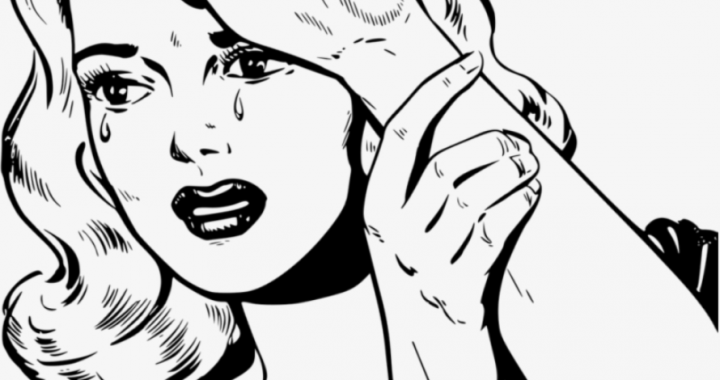Determine the take-home value of your novel. This can be done at any stage of your plotting. If you do it early, keep it in mind as you develop your scenes. but be careful . . . the message must come out naturally.
Mr Bell makes an important point here. This is more than a simple compass to writing forward. A central message, at the end of a good read, becomes what stays with you for the rest of your life.
In a book titled, Secrets of Earth, by a close acquaintance of mine from Austin, the message becomes very clear by the end. Through the story we watch as the author collapses on the floor of his living room. He ventures to another dimension. He encounters strange yet fantastic forces. And the whole time you’re thinking ho-ly shit! Yet when you close the covers, and lean back, a clear unified picture appears before you.
The book is about surviving near death experiences, and walking away from them stronger than before. It’s as if the book wants to share this message in everything it says.
Of the many examples Mr Bell mentions, the strongest for me is that of The Brothers Karamazov. You already know I love that book. So I much appreciate how Mr Bell boils it down to this: the book teaches us that faith and love are the highest human values. So crazy true! When you think about it.
. . .
So now I’m thinking, ok, one of my major problems is exactly this. I don’t write with a major, singular, clear take-home lesson. I just put words together in ways that make me happy or sad. But it’s so true, regarding writing a deep, complex, and meaning story, we ought to consider the value we create for life with our creations.
So let’s be honest. Let’s put it all down in one single line. At the earliest stage of plotting: before writing a single page! (If we don’t count the opening and closer I wrote on this blog.)
The take-home value of Awake & Asleep is this:
Love pulls you, friends push you.




